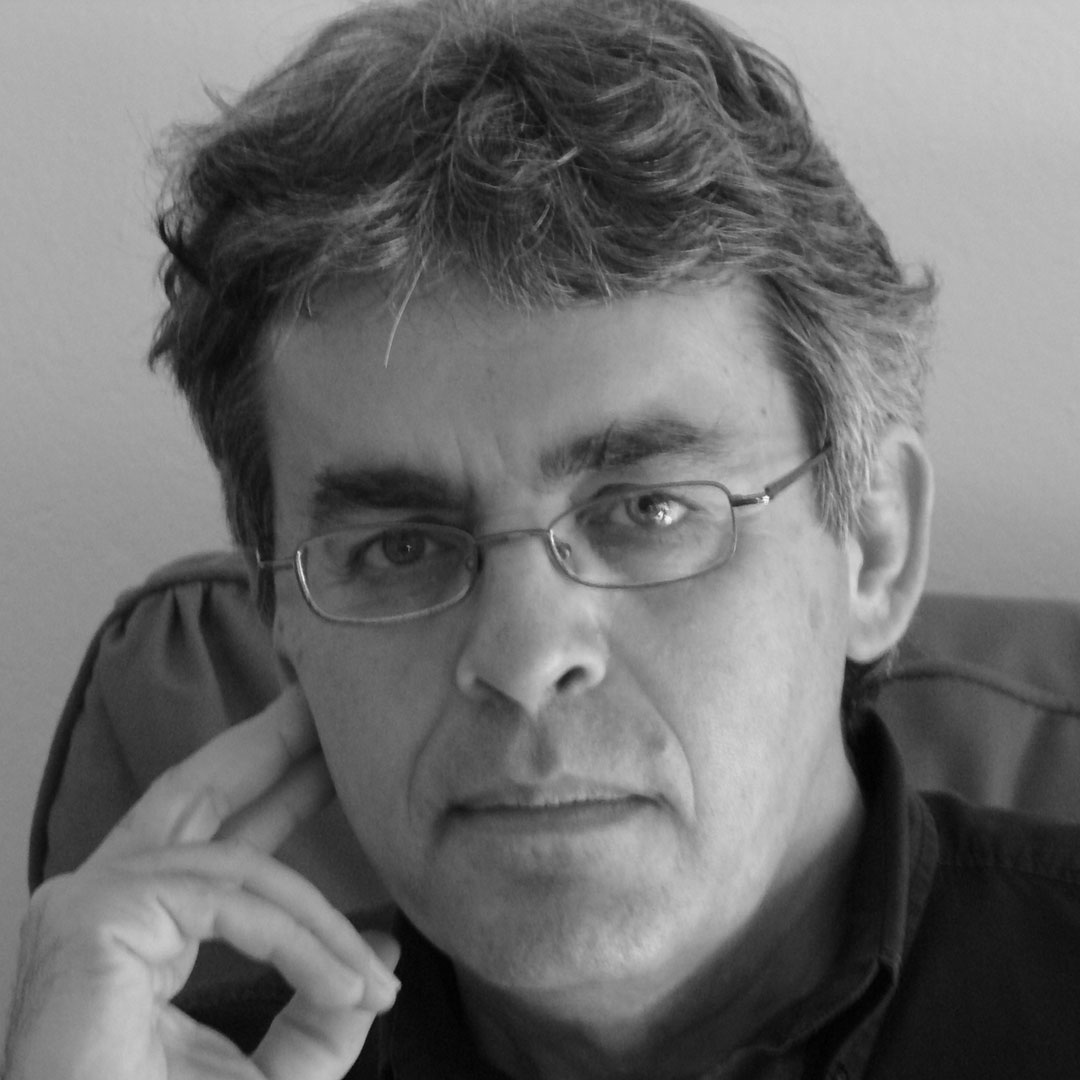Project Description
LeYa Novel PrizeJoão Paulo Borges Coelho
Mozambique
João Paulo Borges Coelho was born in Porto in 1955, but is now a citizen of Mozambique. He received a PhD in economic and social history from the University of Bradford and is a writer, historian, and professor at Eduardo Mondlane University in Maputo. He has published 13 books, including THE VISITS OF DR VALDEZ, winner of the José Craveirinha Prize 2005, and HERTZOG’S EYE, winner of the LeYa Prize 2009. In 2022, he won the second place of the Oceanos Prize with his novel MUSEUM OF THE REVOLUTION.
 © M. M. Seno
© M. M. Seno//
Museum of the Revolution
I met Jei-Jei on a grey morning that I had dedicated to visiting the Museum of the Revolution. I was getting ready to look at the exhibits on the first floor, where the resistance to colonialism is described, when I heard the sound of a protest demonstration in the Garden of 28 May, across the street. I had already noticed it on arrival, a small gathering of Magermanes, the emigrant workers who had served in the old socialist Germany and now, long returned, were still claiming a part of their wages which they said was being withheld by the government. They were waving placards and flags, and for a moment it seemed that the festive days of our own socialism were returning. At one point I heard two bangs and I went down to the entrance of the museum to see what was happening outside.
//
City of Mirrors
City of Mirrors (“Cidade dos Espelhos”) is a futuristic novella telling the story of the three adolescents Caia, Jeremias and Laissone, who deepen the chaos of a city already ruled by fear and destruction with a biochemical attack. When they are separated on the run, each of them has to cope with it in his own way. Will they make it, or will they fall into the hands of the authoritarian regime?
//
Transit Camp
In Transit Camp (“Campo de Trânsito”), J. Mungau is arrested at dawn in an unnamed city on any given day, in any given year, and transferred to a transit camp. There he awaits his final transferral and hopes to find out the reason for his detention. On what does his fate depend? Is it decided beforehand by a higher authority, or can his behaviour influence his luck? As he waits, he carefully observes the relationships and power mechanisms governing this small world. Eventually, a murder places the entire power structure in doubt and Mungau realises no concepts are more subjective than justice and liberty. Borges Coelho creates a singular world full of unknowns and free from explicit violence, in which he reflects on power, its function and its victims. With subtle, poetic language, the author manages to unsettle the reader, always in search of answers.
RIGHTS
NOVELS
Museum of the Revolution (“Museu da Revolução”)
Lisbon: Caminho 2021, 2022, 488 p.
2nd Place Prêmio Oceanos 2022
Brazil: Kapulana 2022
City of Mirrors (“Cidade dos Espelhos”)
Lisbon: Caminho 2011, 118 p.
Hertzog’s Eye (“O Olho de Hertzog”)
Lisbon: Leya 2010, 448 p.
Prémio Leya 2009
Mozambique: Ndjira 2010
Hinyambaan
Lisbon: Caminho 2008, 104 p.
Mozambique: Ndjira 2008
Transit Camp (“Campo de Trânsito“)
Lisbon: Caminho 2007, 212 p.
Mozambique: Ndjira 2007 · Italy: Urogallo 2012
The Chronicle of 513.2 Street (“Crónica da Rua 513.2”)
Lisbon: Caminho 2006, 336 p.
Mozambique: Ndjira 2006 · Brazil: Kapulana 2020 · Colombia: Uniandes 2019 · Italy: Urogallo 2011
The Visits of Dr Valdez (“As Visitas do Dr Valdez”)
Lisbon: Caminho 2004, Leya 2010, 224 p.
Mozambique: Ndjira 2004 · Brazil: Kapulana 2019
The Two Shadows of the River (“As Duas Sombras do Rio”)
Lisbon: Caminho 2003, 264 p.
Mozambique: Ndjira 2003
STORIES
Indigenous Indices I: Northern Dimension (“Índicos Indícios I: Setentrião“)
Lisbon: Caminho 2005, 216 p.
Mozambique: Ndjira 2005 · Italy: Diabasis
Indigenous Indices II: Meridian (“Índicos Indícios II: Meridião“)
Lisbon: Caminho 2005, 180 p.
Mozambique: Ndjira 2005 · Italy: Diabasis
Maria Ernestina and the Four Ladies (“Maria Ernestina e as Quatro Senhoras“)
Porto: Ambar 2007
(In: Several Stories in Portuguese (“Várias Histórias em Língua Portuguesa”))

